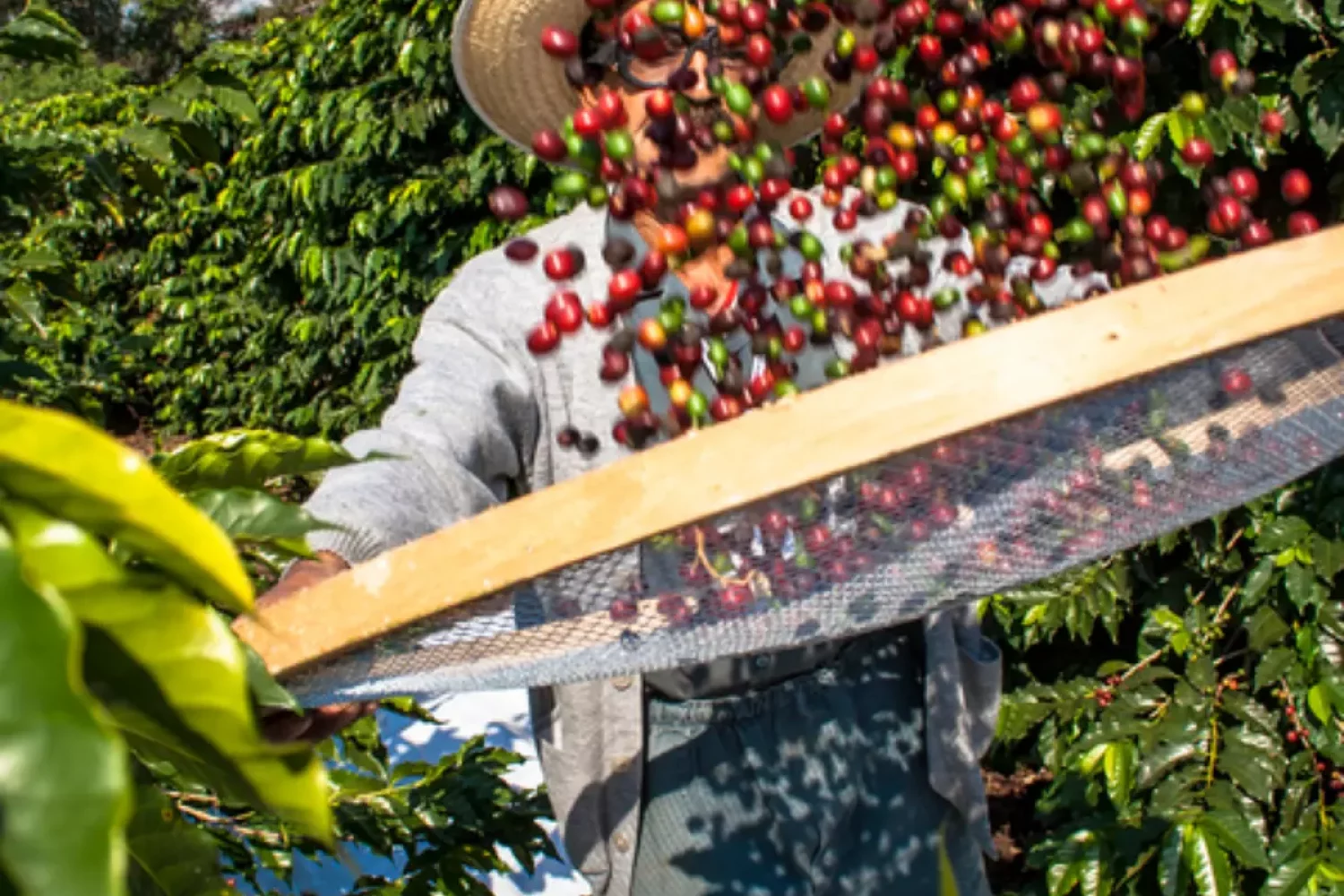Brazil’s coffee farming industry relies heavily on the contributions of women who are involved in every aspect of coffee farming. However, women in this sector often face significant challenges, including limited access to credit and training. Without access to these essential resources, it can be difficult for women to purchase equipment and resources to start or maintain their farms.
Nevertheless, several initiatives have been implemented to promote access to credit for women coffee farmers, enabling them to invest in their businesses and improve the quality of their coffee. Training and education are also crucial to their success. Unfortunately, many women in coffee farming have limited access to these resources, making it difficult for them to improve their products’ quality and increase their yields. But initiatives that promote women’s participation in coffee farming and provide them with training and education opportunities are emerging.
Despite these challenges, women are increasingly taking on leadership roles in the industry. They are developing new farming approaches that prioritise sustainability and quality, and often incorporate environmentally friendly practices. Furthermore, they are advocating for gender equality and women’s empowerment in the industry, paving the way for future generations of women.
It’s essential to recognise the significant contributions they are making to the coffee industry in Brazil. But we must also acknowledge that there’s more work to be done. We need to create more opportunities for women to access credit and education and promote their leadership roles. Only then can we achieve gender equality and sustainability in the coffee farming industry.
One way to achieve this goal is by providing more support to women-owned coffee businesses. By purchasing coffee from these businesses, consumers can support and help women in the industry grow their businesses. Additionally, by supporting initiatives that focus on promoting gender equality and sustainability in the coffee industry, we can help women overcome the challenges they face and drive progress.
In conclusion, women are playing a critical role in Brazil’s coffee farming industry, and initiatives are emerging to support and empower them. We must continue to work towards gender equality and sustainability in the coffee industry by supporting women-owned businesses and initiatives that promote their leadership and success.

